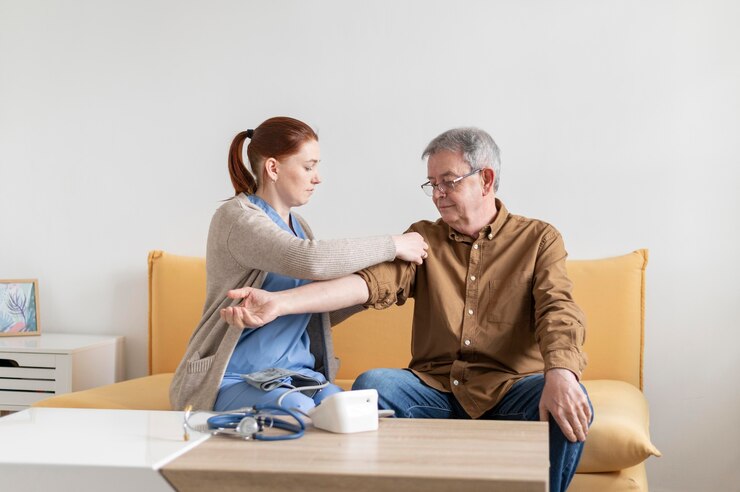As families seek to provide optimal care for their aging loved ones, the importance of social interaction and mental health takes center stage. Home care companions play a vital role in addressing these crucial aspects, offering more than just physical assistance. This article delves into the ways in which home care companions contribute to enhancing social interaction and mental well-being for seniors.
Companionship as a Pillar of Mental Health:
Beyond mere caregiving, home care companions extend their roles to become genuine friends and sources of home care for the elderly in their own homes. The emotional bond forged between the companion and the senior proves invaluable in addressing feelings of loneliness and nurturing a positive mental outlook.
Stimulating Social Engagement:
Isolation and loneliness are common challenges faced by seniors, often leading to a decline in mental health. Home care companions play an active role in stimulating social engagement. Whether through meaningful conversations, shared activities, or outings, companions provide the social interaction essential for maintaining cognitive function and emotional well-being.
Tailored Activities to Boost Cognitive Function:
Home care companions are adept at creating personalized care plans that include activities to stimulate the mind. Engaging in puzzles, games, or even reminiscing about past experiences can contribute significantly to cognitive health. These tailored activities not only provide mental stimulation but also create enjoyable moments that enhance overall well-being.
Encouraging Physical Activity:
Mental and physical health are interconnected, and home care companions understand the importance of keeping seniors active. Whether it’s a gentle walk in the neighborhood, light exercises, or assistance with mobility, companions actively contribute to maintaining both physical and mental vitality.
Building a Supportive Routine:
Consistency and routine are vital for mental health. Home care companions establish and maintain a daily routine that provides structure and predictability. This sense of order can be especially comforting for seniors, promoting a positive mindset and reducing anxiety.
Active Listening and Emotional Support:
Home care companions excel not only in providing elderly care services in Maine but also in offering a listening ear. The emotional support they provide can significantly impact mental well-being. Seniors often find solace in sharing their thoughts, memories, and concerns, fostering a sense of connection and emotional stability.
Conclusion:
Optimal care for aging loved ones involves a holistic approach that recognizes the importance of social interaction and mental health. Home care companions play a vital role in addressing these critical aspects. Through prioritizing companionship, stimulating social engagement, and offering tailored activities, home care companions contribute to a fulfilling and enriched life for seniors. Choose companions who understand the significance of holistic care, making a positive impact on the mental well-being of your loved ones.



